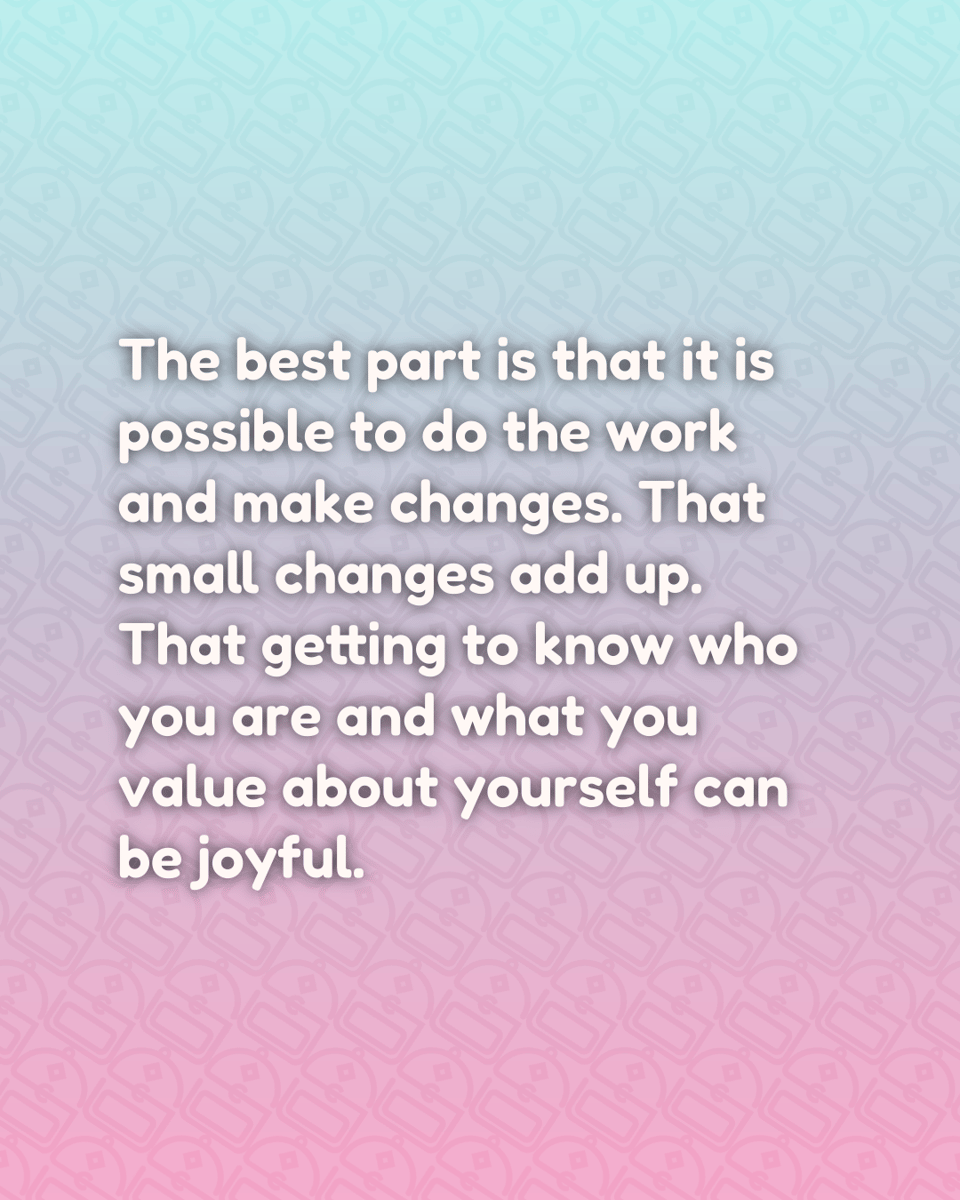What if it's trauma?
This is the follow on post from Is it trauma and Trauma
So you've got through something and now are experiencing things like dissociation, flashbacks or nightmares, increased anxiety in general, avoidance behaviours, etc.
What now?
The answer is, it depends.
I'm going to assume you're out of the stressful situation that's triggering these reactions, and instead you're dealing with the aftermath. While a lot of these suggestions will be good for you going through something stressful, they might not be viable for you while you're in the thick of it.
First of all: all of this is normal. Our brains want to keep us safe, so we become hyper-vigilant. We relive experiences to try to learn how to keep ourselves safe, we avoid dangerous situations, we're anxious when we feel unsafe. The issue is when this becomes our every day.
Flashbacks, emotional flashbacks, rumination: It's not helpful to relive these things constantly, there is evidence that our brain and body act differently on a physiological level when experiencing a flashback of something traumatic vs normal autobiographical memory.
The first step when you're experiencing a flashback or emotional flashback, or get caught in a ruminating cycle, is to notice. Sometimes you get so used to being in crisis management mode, or hypervigilance that you don't realise when your brain and nervous system are running unnecessarily.
The signs will be different for everyone. Mine tend to be hyper-focusing on one situation, running through various outcomes and ways I can handle it. These are often unhelpful and unnecessary. They are a way for me to feel like I have some kind of control.
You may find yourself tensing, maybe clenching your jaw or shoulders. Maybe you jiggle a leg up and down. Often we lose connection with our physical body during these times, so check in with yourself and release any tension, be still for a moment.

The next thing is to ground yourself. Remind yourself of where you are, and that you're safe (this is why I mentioned assuming you were out of the situation, you can't tell yourself you're safe if you're not). Bring yourself back to your body, breathe. Talk to yourself kindly.
There are a lot of grounding techniques. The goal is to bring your brain to the present moment, and remind yourself of where you are, who you are, and what's actually going on, vs what your brain is trying to tell you. Here's a list for inspiration https://www.healthline.com/health/grounding-techniques
This may be a temporary pause, but it's about being aware of how your experiences are affecting you and breaking the cycle, slowly.
Undoing, healing, integrating, etc
How do you move on from trauma overall, when you're comfortable with grounding yourself and bringing yourself back to the safe present?
It takes effort, unfortunately. For me, I do a lot of therapy, a lot of reading, a lot of journalling. it's been a process of rebuilding trust in myself and the people I'm surrounded by. I've built up my sense of self and what I value and love about myself as a person, outside of what I do for others.
Thank you for being a subscriber! The SelfCare Backpack newsletter is entirely reader supported. Upgrade to a paid subscription for weekly writing
One of the worst things about being a mental health professional is the answer to any question around healing or becoming more resilient or moving past experiences is 'it will be a lot of work, and some of it will be messy and horrible and make you feel worse'. The best part is that it is possible to do the work and make changes. That small changes add up. That getting to know who you are and what you value about yourself can be joyful.
You are worth the time and effort.
Books I've found useful:
https://www.tarabrach.com/books/radical-compassion/Radical Compassion - Tara Brach
This book focuses on a technique of sitting with your feelings which includes being nurturing to yourself. It's a way to slow down, be curious with yourself, and then give yourself what you need. Often trauma is a removal of safety and support. You need to build that back up, by being compassionate and nurturing to yourself.
https://www.waterstones.com/book/trauma-and-recovery/judith-herman/9781541602953Trauma and Recovery - Judith Harman
I'm still working through this, but it's a really in depth look at trauma and recovery. It's a heavy read, but the way it looks at various trauma and recovery from it is really good and it really speaks to me.
Anything by Carl Rogers.
This is a bit of a weird recommendation. I love Carl Rogers, I love person-centred counselling, and the potato anecdote changed my brain chemistry. However, he…was not a good writer. He desperately needed a good editor.
However, A Way Of Being is the shortest (still over 400 pages, mind) and gives you a good insight in how he came to the theories he did and is written well enough.
Your mileage may vary, of course, but I've read A Way of Being, On Becoming A Person, and started Client-Centered Therapy, and the latter two are a slog.
Add a comment: